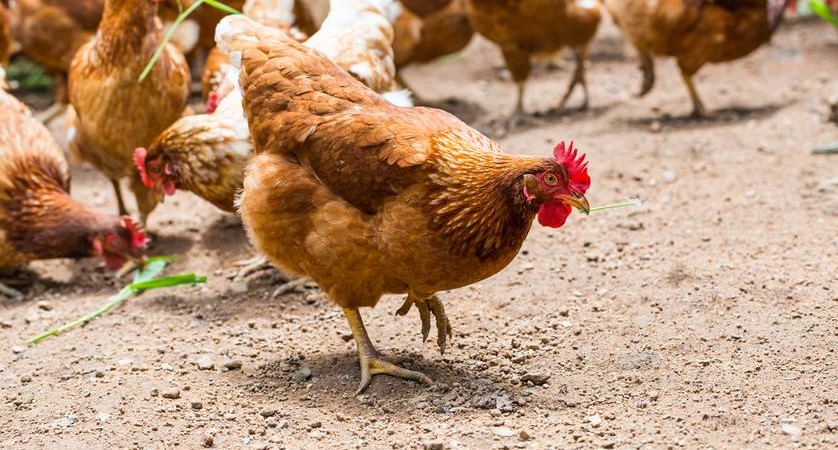

Running a successful poultry operation, even one aimed at feeding you and your family, can be quite difficult even when things run smoothly. But it can become very tough indeed if you have to deal with sickly chicken. Here are some guidelines for keeping healthy birds.
Choose the right chickens
It is very easy in Uganda to buy live hens that come from the broiler and layer industry. Day-old chicks, especially males, are also cheap. But neither of these are suitable for home conditions. Rather buy chickens from your neighbours. They are most likely to be hardy and used to surviving outside.
Put clean water in the right containers
Water containers for chickens are cheap and can be bought at the local vet shops. You can also use a large flat bowl or container, but put some rocks in it so that the young chicks don’t drown. Remember to change the water every day, many poultry diseases are carried by dirty water.
Safe enclosure
Although chickens can wander about the farm during the daytime, they should have a safe place to sleep at night. You can easily make a chicken hutch out of wooden poles and chicken wire, with a corrugated iron or thatch roof.
Build it on slightly sloping ground and dig a drain around it so that it does not get flooded when it rains. Put perches or branches inside for the chickens to roost on, as they often get sick if forced to sleep on the ground.
Providing perches and cleaning away bushes and long grass around the hutch also protects poultry from rats and snakes. As you have to put the chickens in the hutch at night and let them out in the morning, you will be checking twice a day that they are healthy.
Regular source of food
If farm chickens are an integral part of a mixed farming system, they may be able to survive on feed spilled onto the ground by dairy cows, pigs. Fly larvae provide another source of poultry food. Sub-standard vegetables and table leftovers (except raw meat) can also be thrown out for poultry to eat. However, it is a good idea to buy layer rations for the hens that will incubate eggs and produce chicks. Small chicks also require an extra source of feed such as crumbled hard-boiled eggs or Chick-Chick Number 1 ration, until they are strong enough to start foraging for food.
Calcium and other minerals
A lack of minerals, especially calcium, can result in joint and bone abnormalities as well as soft-shelled eggs. Oyster shell grit is a well-known source of minerals for hens and chicks. Diatomaceous earth also contains many minerals, including calcium, and can easily be included with the ration.
Hygienic surroundings
Chicken manure can be composted for use in vegetable or flower gardens, but can be a source of disease if it is allowed to build up. Flies breed rapidly where chickens roost; keep the area as clean as possible to keep your birds healthy. Always remove and bury dead birds.
 Contact Jaguza Support
Contact Jaguza Support